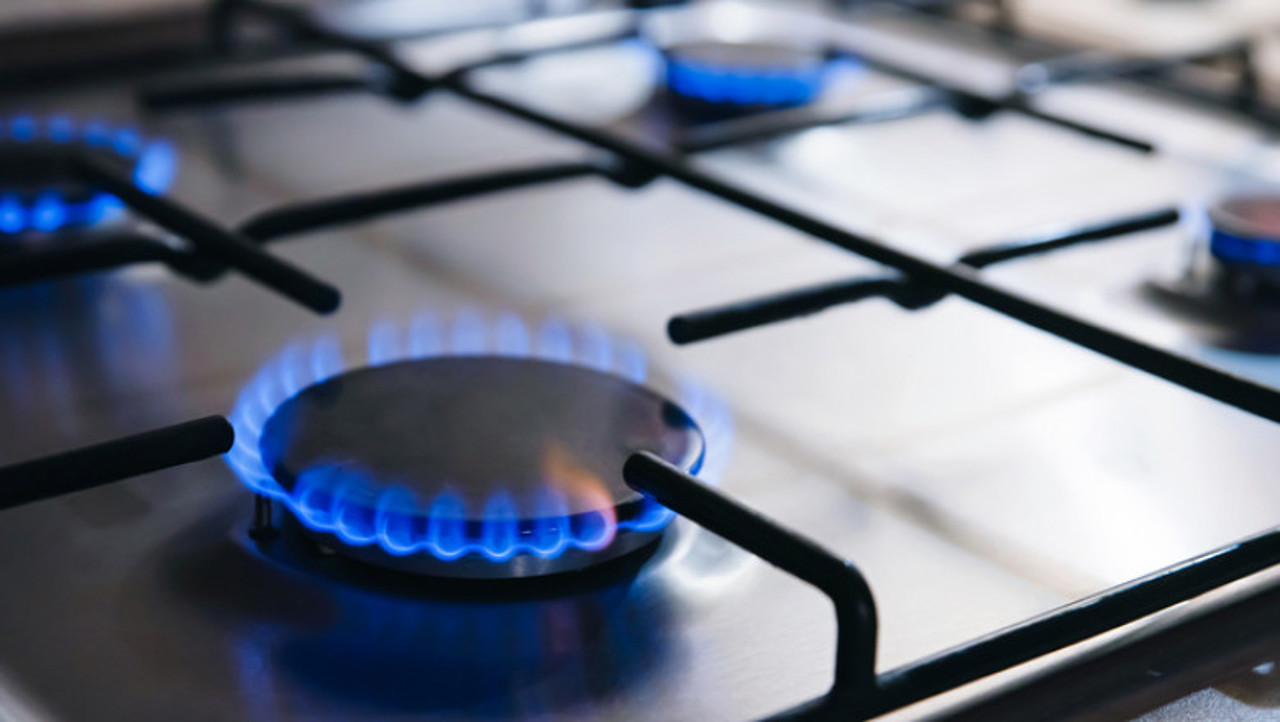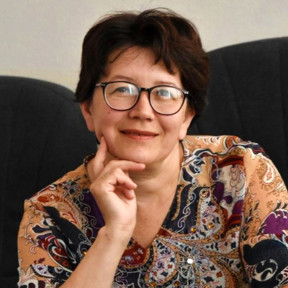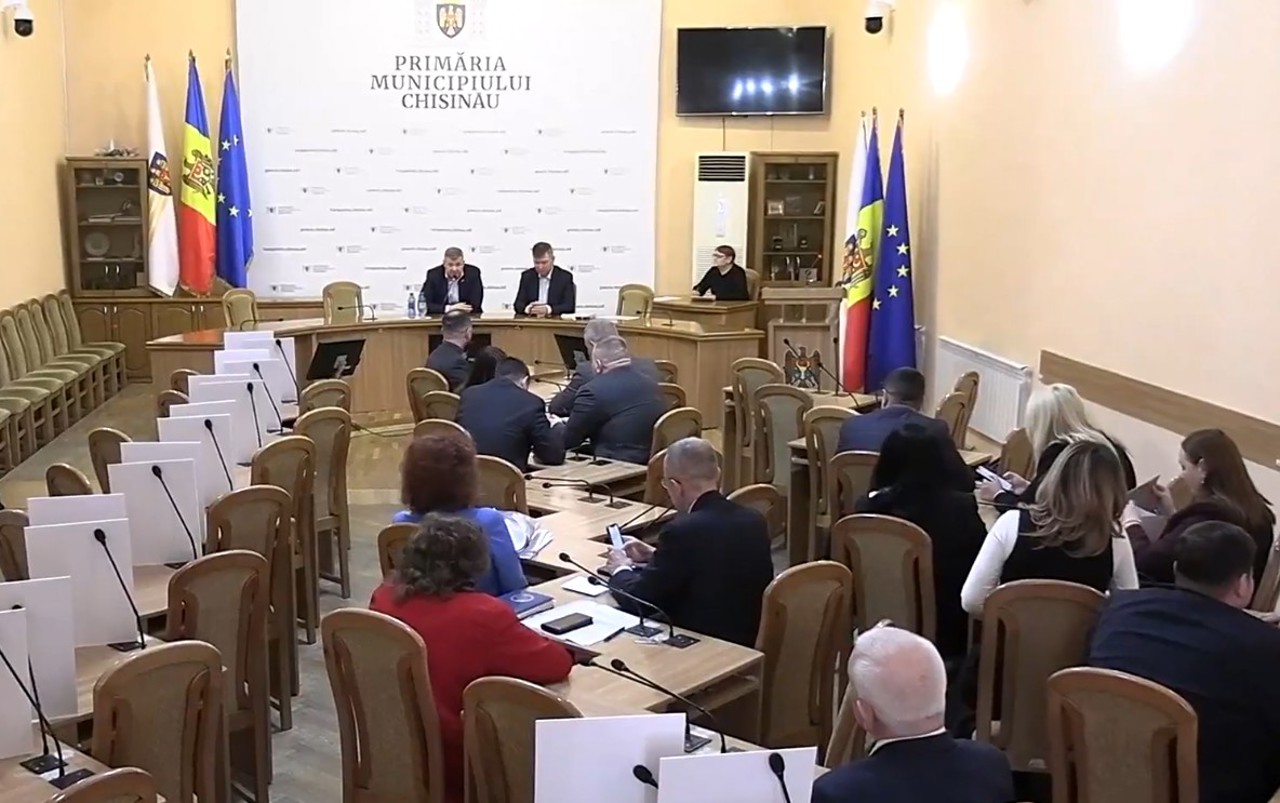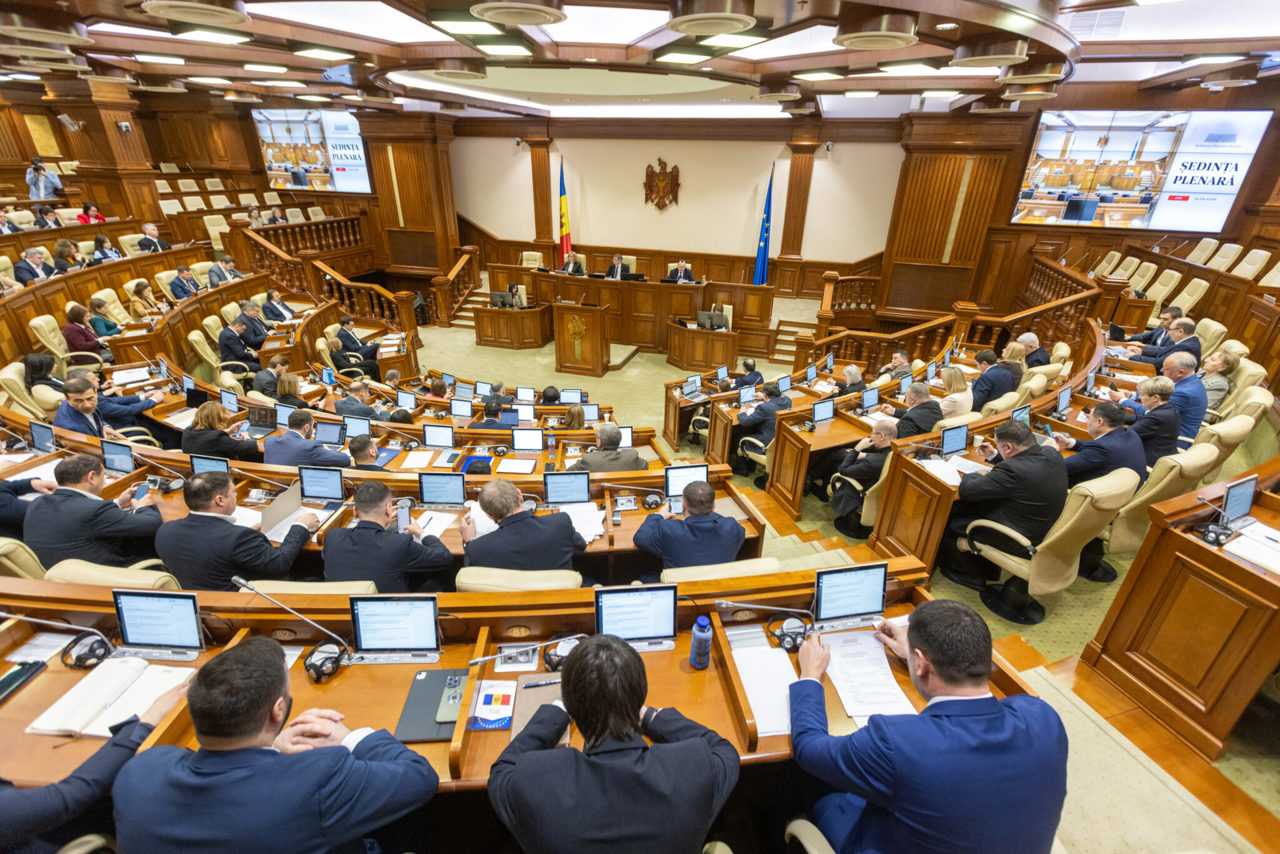Cheap Gas Secured: Moldova Escapes Russia's Energy Dominance
Currently, Moldova's buildings consume twice as much energy per square metre for heating compared to the European average.

This excessive energy use, rather than the gas price itself, is the primary reason behind double the heating bills for Moldovan citizens. These statements were made by Energy Minister Victor Parlicov during a recent interview on RLive.
Parlicov pointed out that only 15% of Moldovan households rely directly on natural gas for heating, while another 40% depend indirectly on gas through centralised heating systems.
"Over 60% of Moldovans heat their homes with firewood," Parlicov said. "In this context, what relevance does the gas price have for the majority of the population? The core purpose behind Russia's insistence on keeping the gas price at the forefront of discussions is to convince us that this is the most critical factor. They want us to believe that securing a lower gas price is our top priority."
According to Parlicov, if the global focus remains solely on the gas price, then Russia's President Putin will gain a significant advantage in negotiations. "Ilan Shor, along with a considerable number of politicians and experts, are either wittingly or unwittingly contributing to a narrative orchestrated by the Kremlin," Parlicov stated. "This narrative aims to discredit the idea that a free market is superior to Gazprom's dominance and that pursuing European integration would be beneficial for Moldovan citizens."
Regarding Gazprom's operations in Moldova, the Minister asserted that the company did not engage in genuine commercial activity within the country. Instead, it fulfilled a political objective set by the Kremlin: to create the illusion of independence in the Transnistrian region by supplying free gas.
"The Russian Federation never had any intention of fostering development in Moldova," Parlicov claimed. "Their goals did not include investment, job creation, or any other form of economic contribution. Russia's strategy was to maintain Moldova within its sphere of influence by exerting control over Transnistria and leveraging their role as a mediator. For three decades, Moldova has been subject to Russia's energy dominance, with gas and electricity used as tools of coercion."
Parlicov concluded by highlighting that Moldova has successfully achieved not only energy independence from Gazprom but also secured more affordable gas supplies.
Translation by Iurie Tataru






